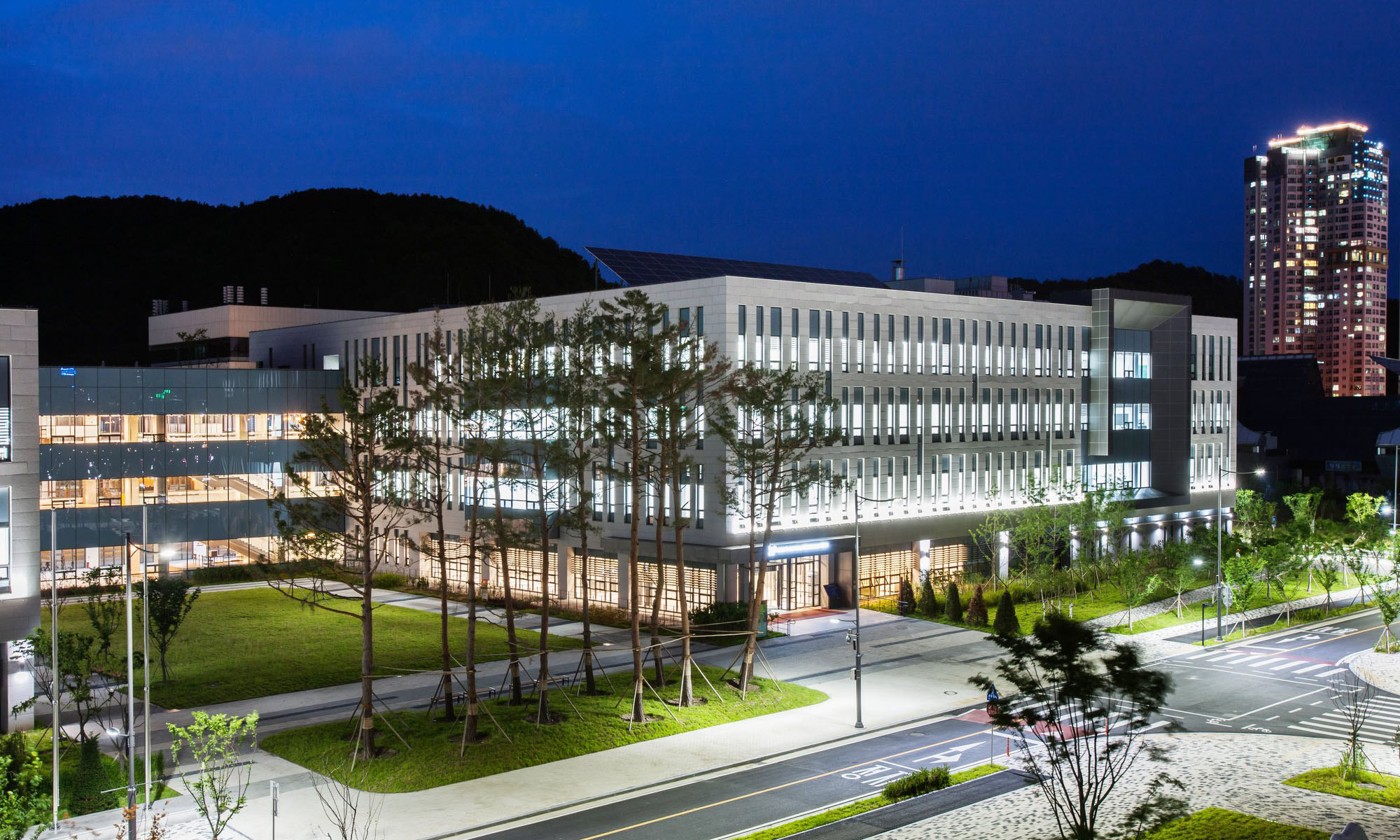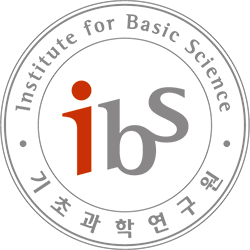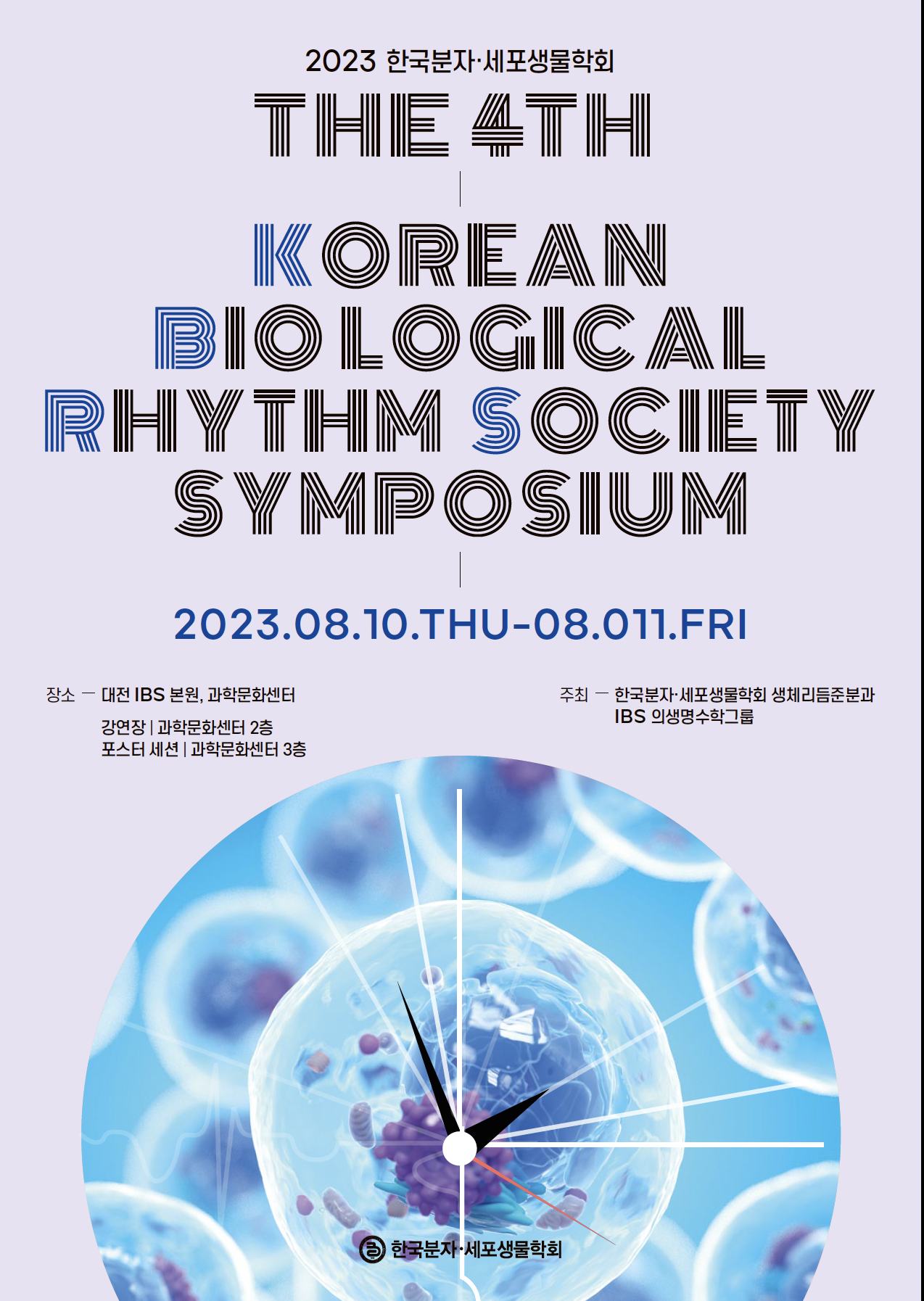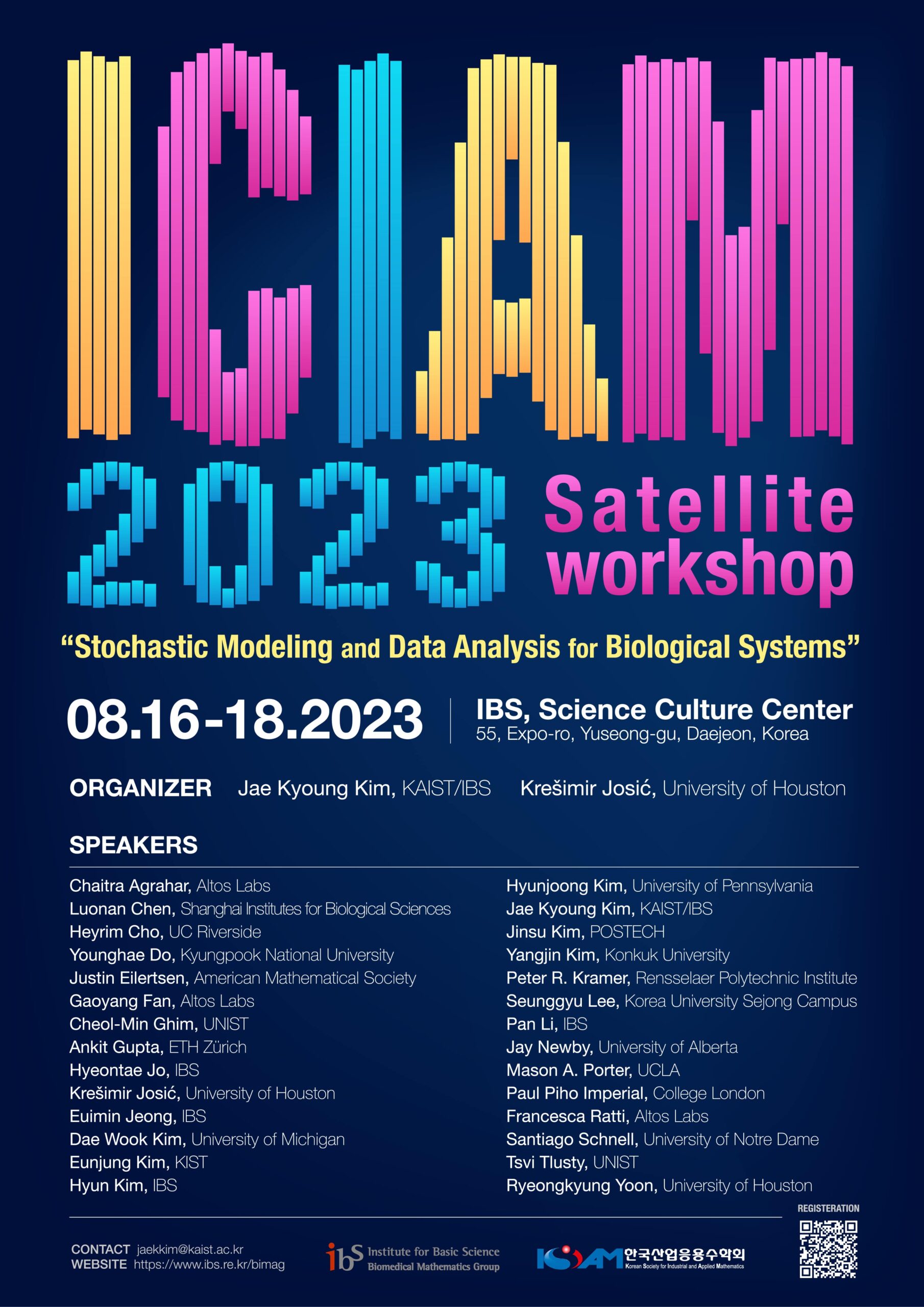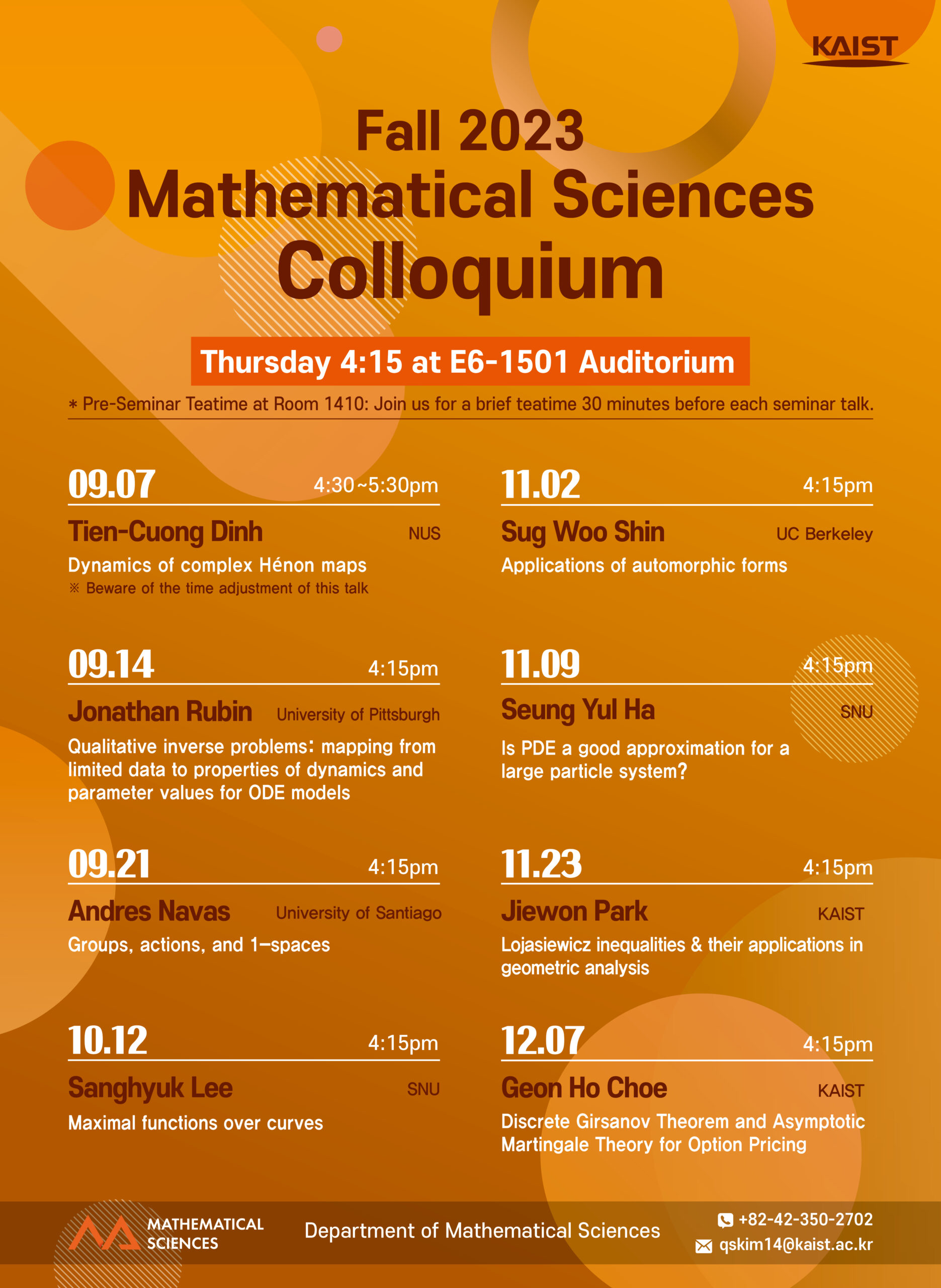Yun Min Song, The singularity response reveals entrainment properties of the plant circadian clock
B232 Seminar Room, IBS 55 Expo-ro Yuseong-gu, Daejeon, Daejeon, Korea, Republic ofWe will discuss about “The singularity response reveals entrainment properties of the plant circadian clock”, Masuda, Kosaku, et al., Nature Communications 12.1 (2021): 864. Abstract Circadian clocks allow organisms to synchronize their physiological processes to diurnal variations. A phase response curve allows researchers to understand clock entrainment by revealing how signals adjust clock genes differently …
